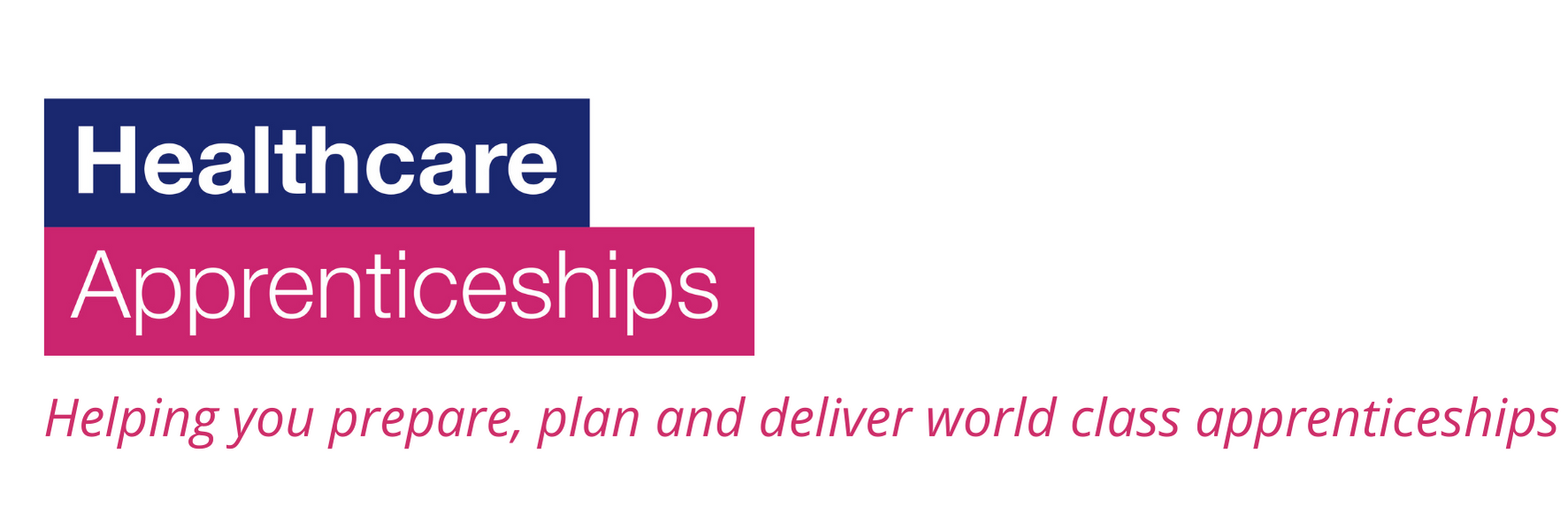 Plans to create a new Advanced British Standard, a new Baccalaureate-style qualification which will take the best of A Levels and T levels and bring them together into a single qualification, were recently announced.
Plans to create a new Advanced British Standard, a new Baccalaureate-style qualification which will take the best of A Levels and T levels and bring them together into a single qualification, were recently announced.
At the heart of the announcement is the ambition to remove the artificial separation between technical and academic qualifications, and create a single, unified structure for all 16–19-year-olds. The technical subjects within the qualification will be based on the content of T Levels and occupational standards that employers and IfATE (Institute for Apprenticeships and Technical Education) have carefully designed, supporting progression into higher technical education, apprenticeships and employment.
A change of this scale will take time and require much more discussion to ensure it delivers on the ambitions with the expectation that it will take 10 years to deliver in full.
This is not the end of T Levels, which will be the backbone of the new qualification. Those who are familiar with T Levels’ structure will recognise much in the proposals published recently, including a ‘core’ module, an occupational specialism and industry placement.
Thousands of young people who have completed T Levels have gone on to apprenticeships, jobs with top employers, and places at university. This year, over 90% of T Level students passed, and 95% completed an industry placement before getting their final results.
T Levels’ growth and development will not be held back, or the wider reforms to technical qualifications. More T Level courses will be rolled-out, and students will be encouraged to consider these options. Since launching in 2020, tens of thousands of students have already successfully enrolled in these high-quality qualifications.


